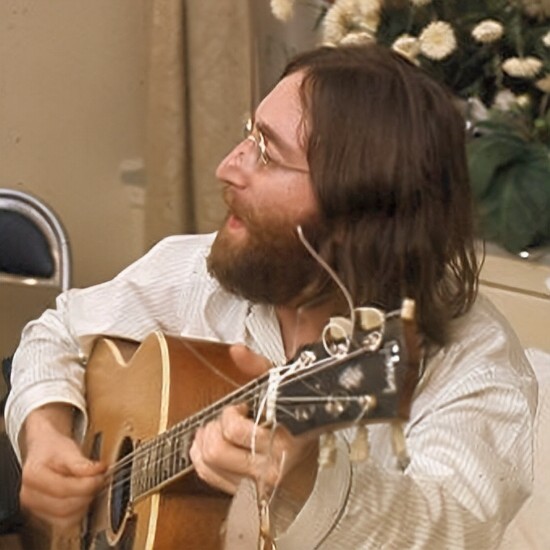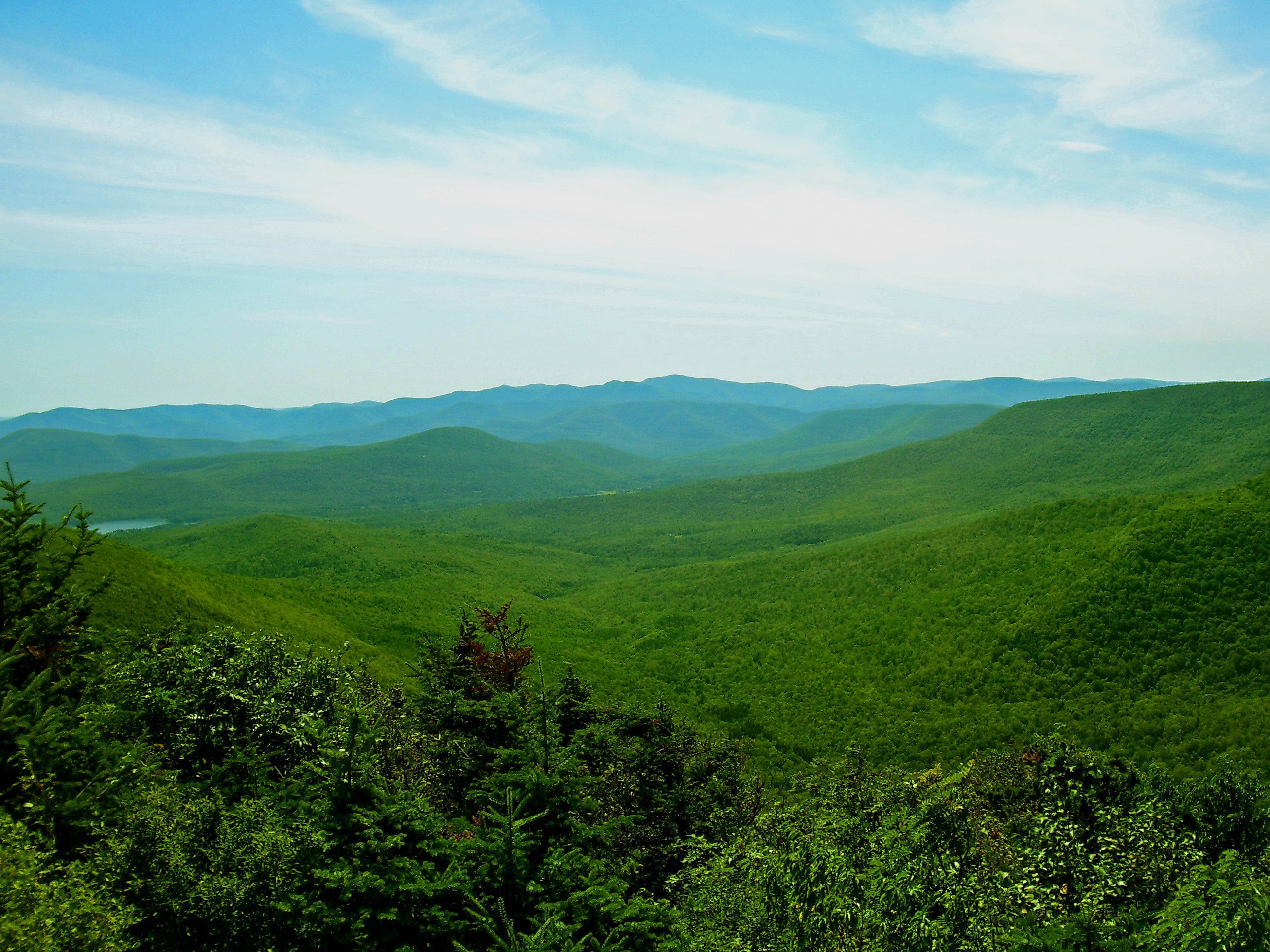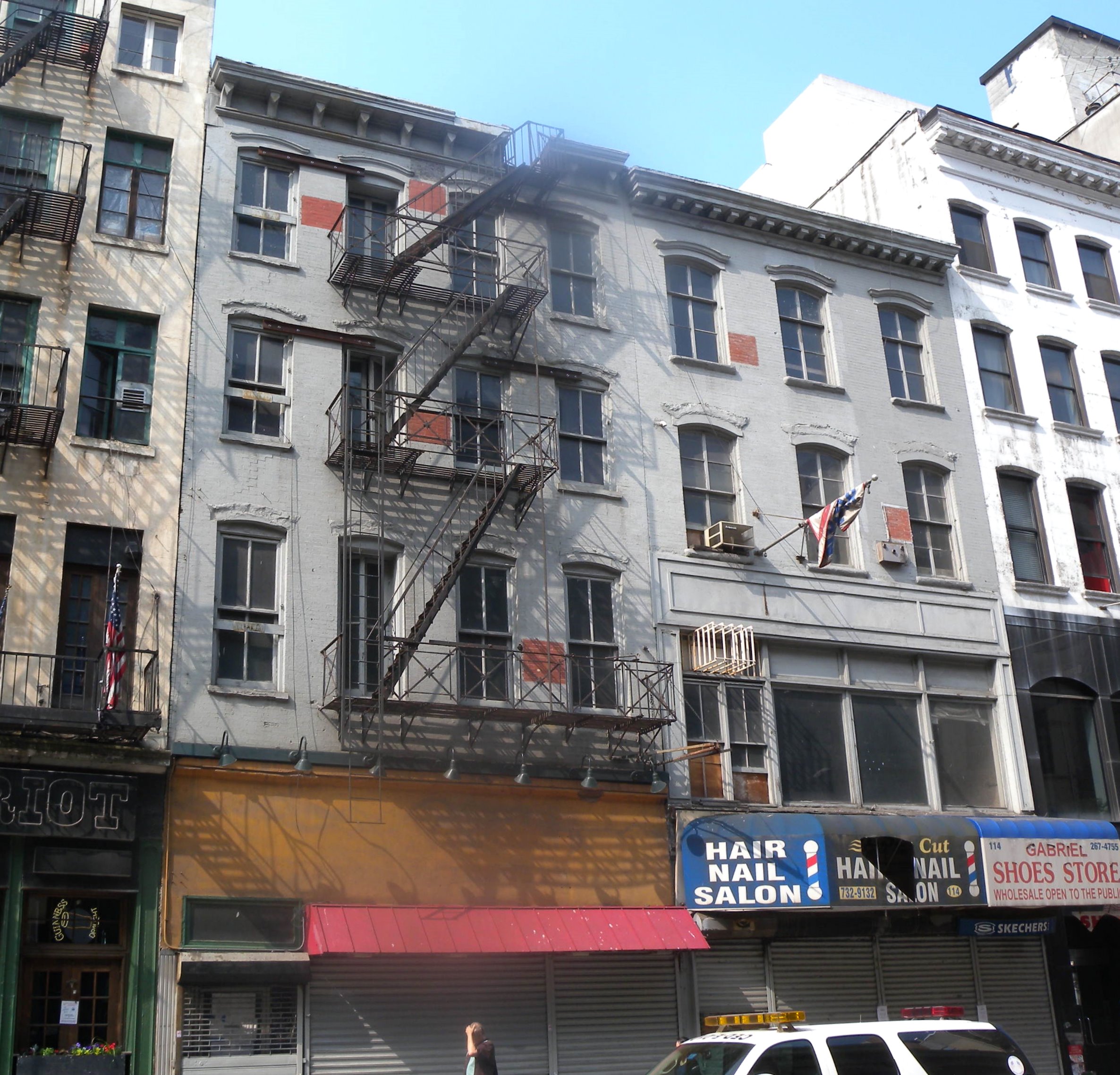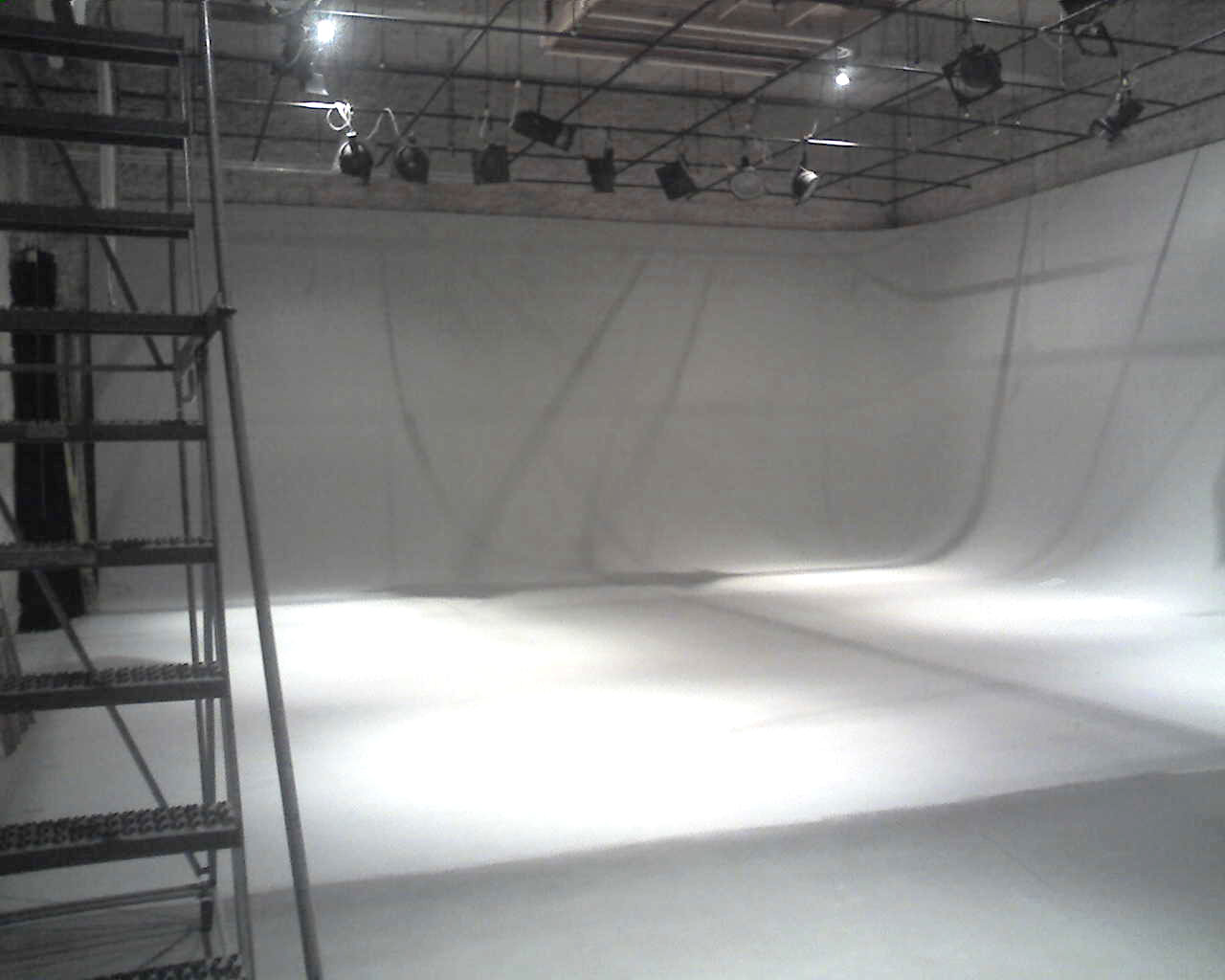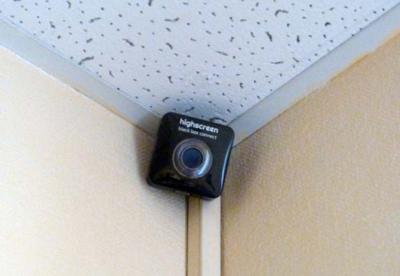|
Let It Be (film)
''Let It Be'' is a 1970 British documentary film starring the Beatles and directed by Michael Lindsay-Hogg. The film documents the group's rehearsing and recording songs in January 1969 for what was to become their twelfth and final studio album ''Let It Be''. The film includes an unannounced rooftop concert by the group, the last public performance of the four together. The film was originally planned as a television documentary that would accompany a concert broadcast. When plans for the concert broadcast were dropped, the project became a feature film production. Although the film does not dwell on the dissension within the group at the time, it provides some glimpses into the dynamics that would lead to their break-up. After the film's release, John Lennon, Paul McCartney, George Harrison and Ringo Starr won an Academy Award for Best Original Song Score. The film ''Let It Be'' has not been officially available on home video since the 1980s, although original and bootleg ... [...More Info...] [...Related Items...] OR: [Wikipedia] [Google] [Baidu] |
Film Poster
A film poster is a poster used to promote and advertise a film primarily to persuade paying customers into a theater to see it. Studios often print several posters that vary in size and content for various domestic and international markets. They normally contain an image with text. Today's posters often feature printed likenesses of the main actors. Prior to the 1980s, illustrations instead of photos were far more common. The text on film posters usually contains the film title in large lettering and often the names of the main actors. It may also include a tagline, the name of the director, names of characters, the release date, and other pertinent details to inform prospective viewers about the film. Film posters are often displayed inside and on the outside of movie theaters, and elsewhere on the street or in shops. The same images appear in the film exhibitor's pressbook and may also be used on websites, DVD (and historically VHS) packaging, flyers, advertisements in newspap ... [...More Info...] [...Related Items...] OR: [Wikipedia] [Google] [Baidu] |
The Beatles' Break-up
From August 1962 to September 1969, the Beatles had a lineup that consisted of John Lennon, Paul McCartney, George Harrison and Ringo Starr. Their break-up was a cumulative process attributed to numerous factors. These include the strain of the Beatlemania phenomenon, the death of manager Brian Epstein in 1967, resentment towards McCartney from his bandmates for his perceived domineering, Lennon's heroin use and his relationship with Yoko Ono, Harrison's increasingly prolific songwriting output, the floundering of Apple Corps and the ''Get Back'' project (later renamed ''Let It Be'' in 1970) as well as managerial disputes. During the latter half of the 1960s, the members began to assert individual artistic agendas. Their disunity became most evident on ''The Beatles'' (also known as "the White Album", 1968), and quarrels and disharmony over musical matters soon permeated their business discussions. Starr left the group for two weeks during the White Album sessions, and Harris ... [...More Info...] [...Related Items...] OR: [Wikipedia] [Google] [Baidu] |
Lap Steel Guitar
The lap steel guitar, also known as a Hawaiian guitar, is a type of steel guitar without pedals that is typically played with the instrument in a horizontal position across the performer's lap. Unlike the usual manner of playing a traditional acoustic guitar, in which the performer's fingertips press the strings against frets, the pitch of a steel guitar is changed by pressing a polished steel bar against plucked strings (from which the name "steel guitar" derives). Though the instrument does not have frets, it displays markers that resemble them. Lap steels may differ markedly from one another in external appearance, depending on whether they are acoustic or electric, but in either case, do not have pedals, distinguishing them from pedal steel guitar. The steel guitar was the first "foreign" musical instrument to gain a foothold in American pop music. It originated in the Hawaiian Islands about 1885, popularized by an Oahu youth named Joseph Kekuku, who became known for playi ... [...More Info...] [...Related Items...] OR: [Wikipedia] [Google] [Baidu] |
For You Blue
"For You Blue" is a song by the English rock band the Beatles from their 1970 album ''Let It Be''. The track was written by George Harrison as a love song to his wife, Pattie Boyd. It was also the B-side to the " Long and Winding Road" single, issued in many countries, but not Britain, and was listed with that song when the single topped the US ''Billboard'' Hot 100 and Canada's national chart in June 1970. On the ''Cash Box'' Top 100 chart, which measured the US performance of single sides individually, "For You Blue" peaked at number 71. The song is a twelve-bar blues in the country blues style. When writing "For You Blue", Harrison was partly influenced by his stay with Bob Dylan and the Band in Woodstock over November–December 1968. Whereas that visit had been a musically rewarding experience for Harrison, the Beatles first worked on the song amid an atmosphere of discord, during the filmed rehearsals that made up part of the ''Let It Be'' documentary film. Recorded at t ... [...More Info...] [...Related Items...] OR: [Wikipedia] [Google] [Baidu] |
Two Of Us (The Beatles Song)
"Two of Us" is a 1969 song written by Paul McCartney and credited to the Lennon–McCartney partnership. The song was recorded by the Beatles on 31 January 1969. "Two of Us" was originally released as the opening track on ''Let It Be'' (1970) and a remix of that recording was later included on '' Let It Be... Naked'' (2003). An outtake of the song, recorded on 24 January 1969, was released on ''Anthology 3'' (1996). The song's title was used for the 2000 TV movie '' Two of Us'', which depicts a fictionalized version of a 1976 reunion between McCartney and Lennon. History The song was originally titled "On Our Way Home". Ian MacDonald claimed the lyrics (e.g.: "you and I have memories/longer than the road that stretches out ahead" or "you and me chasing paper/getting nowhere") sounded like McCartney was probably addressing Lennon and contractual troubles. "You Never Give Me Your Money", a different composition by McCartney from the previously released album, but recorded after ... [...More Info...] [...Related Items...] OR: [Wikipedia] [Google] [Baidu] |
Yoko Ono
Yoko Ono ( ; ja, 小野 洋子, Ono Yōko, usually spelled in katakana ; born February 18, 1933) is a Japanese multimedia artist, singer, songwriter, and peace activist. Her work also encompasses performance art and filmmaking. Ono grew up in Tokyo and moved to New York City in 1953 with her family. She became involved with New York City's downtown artists scene in the early 1960s, which included the Fluxus group, and became well known in 1969 when she married English musician John Lennon of the Beatles. The couple used their honeymoon as a stage for public protests against the Vietnam War. She and Lennon remained married until he was murdered in front of the couple's apartment building, the Dakota, on 8 December 1980. Together they had one son, Sean, who later also became a musician. Ono began a career in popular music in 1969, forming the Plastic Ono Band with Lennon and producing a number of avant-garde music albums in the 1970s. She achieved commercial and critical acc ... [...More Info...] [...Related Items...] OR: [Wikipedia] [Google] [Baidu] |
Maxwell's Silver Hammer
"Maxwell's Silver Hammer" is a song by the English rock band the Beatles from their 1969 album ''Abbey Road''. It was written by Paul McCartney and credited to the Lennon–McCartney partnership. The song is about a student named Maxwell Edison who commits murders with a hammer, with the dark lyrics disguised by an upbeat sound. McCartney described the song as symbolic of the downfalls of life, being "my analogy for when something goes wrong out of the blue, as it so often does". The song was initially rehearsed during the ''Get Back'' sessions in January 1969. During the recording of ''Abbey Road'' in July and August, the band devoted four recording sessions to completing the track. These sessions were an acrimonious time for the Beatles, as McCartney pressured the group to work at length on the song. All three of his bandmates were vocal in their dislike of "Maxwell's Silver Hammer". In a 2008 interview, Ringo Starr remembered it as "the worst session ever" and "the worst track ... [...More Info...] [...Related Items...] OR: [Wikipedia] [Google] [Baidu] |
Mal Evans
Malcolm Frederick Evans (27 May 1935 – 5 January 1976) was an English road manager and personal assistant employed by the Beatles from 1963 until their break-up in 1970. In the early 1960s, Evans was employed as a telephone engineer, and also worked part-time as a bouncer at the Cavern Club. The Beatles' manager, Brian Epstein, later hired Evans as the group's assistant roadie, in tandem with Neil Aspinall. Evans contributed to recordings, and appeared in some of the films the group made. After the Beatles stopped touring in 1966, Evans carried on assisting them until their break-up in 1970. From 1969, Evans also found work as a record producer (most notably with Badfinger's top 10 hit " No Matter What"). At age 40, Evans was shot and killed by police at his home in Los Angeles, when he threatened officers with what turned out to be an air rifle. Early life Malcolm Frederick Evans was born in Liverpool to Frederick and Joan Evans and grew up in Waldgrave Road, Wavertre ... [...More Info...] [...Related Items...] OR: [Wikipedia] [Google] [Baidu] |
Twickenham Film Studios
Twickenham Studios (formerly known as Twickenham Film Studios) is a film studio in St Margarets, in the London Borough of Richmond upon Thames, that is used by various motion picture and television companies. It was established in 1913 by Ralph Jupp on the site of a former ice rink. At the time of its original construction, it was the largest film studio in the United Kingdom. In February 2012, it was announced that due to the studio going into administration, it would close before June, just a year before its centenary. The studio was subsequently saved from closure, with a new owner acquiring the studio in August 2012. The studios were acquired in February 2020 by The Creative District Improvement Co. with backing from British Airways Pension Fund and TIME + SPACE Studios as operator on a long lease to run the studios. History London Film In 1913, the studios were constructed by the newly formed London Film Company, and were at that time the largest in Britain. London Film ... [...More Info...] [...Related Items...] OR: [Wikipedia] [Google] [Baidu] |
Sound Stage
A sound stage (also written soundstage) is a soundproof, large structure, building, or room with large doors and high ceilings, used for the production of theatrical film-making and television productions, usually located on a secured movie or television studio property. Compared to a silent stage, a sound stage is sound-proofed so that sound can be recorded along with the images. The recordings are known as ''production sound''. A silent stage is not soundproofed and is susceptible to outside noise interference; therefore, sound is not generally recorded. Because most sound in movies, other than dialogue, is added in post-production, this generally means that the main difference between the two is that sound stages are used for dialogue scenes, but silent stages are not. An alternative to production sound is to record additional dialogue during post-production (known as dubbing). Early history Structures of this type were in use in the motion picture industry before the adv ... [...More Info...] [...Related Items...] OR: [Wikipedia] [Google] [Baidu] |
Fly On The Wall
Fly on the wall is a style of documentary-making used in film and television production. The name derived from the idea that events are seen candidly, as a fly on a wall might see them. In the purest form of fly-on-the-wall documentary-making, the camera crew works as unobtrusively as possible; however, it is also common for participants to be interviewed, often by an off-camera voice. Decades before structured reality shows became popular, the BBC had broadcast fly-on-the-wall film ''Royal Family'' (a 1969 documentary produced in association with ITV), while 1974's '' The Family'', is said to be the earliest example of a reality TV docusoap on the BBC. In the late 1990s, Chris Terrill's docusoap series '' The Cruise'' made a star of singer and TV personality Jane McDonald, while Welsh cleaner Maureen Rees became popular after her appearances on BBC One's ''Driving School''. Other British examples include '' Dynamo: Magician Impossible and Channel 4's '' '' Educating...'' seri ... [...More Info...] [...Related Items...] OR: [Wikipedia] [Google] [Baidu] |
Get Back
"Get Back" is a song recorded by the British rock band the Beatles and Billy Preston, and written by Paul McCartney though credited to the Lennon–McCartney partnership. It was originally released as a single on 11 April 1969 and credited to "The Beatles with Billy Preston". The album version of this song contains a different mix that features a studio chat between Paul McCartney and John Lennon at the beginning which lasts for 20 seconds before the song begins, also omitting the coda featured in the single version. This version became the closing track of ''Let It Be'' (1970), which was released just after the group split up. The single version was later issued on the compilation albums ''1967–1970'', '' 20 Greatest Hits'', ''Past Masters'', and '' 1''. The single reached number one in the United Kingdom, the United States, Ireland, Canada, New Zealand, the Netherlands, Australia, France, West Germany, Mexico, Norway, Switzerland, Austria, and Belgium. It was the Beatle ... [...More Info...] [...Related Items...] OR: [Wikipedia] [Google] [Baidu] |
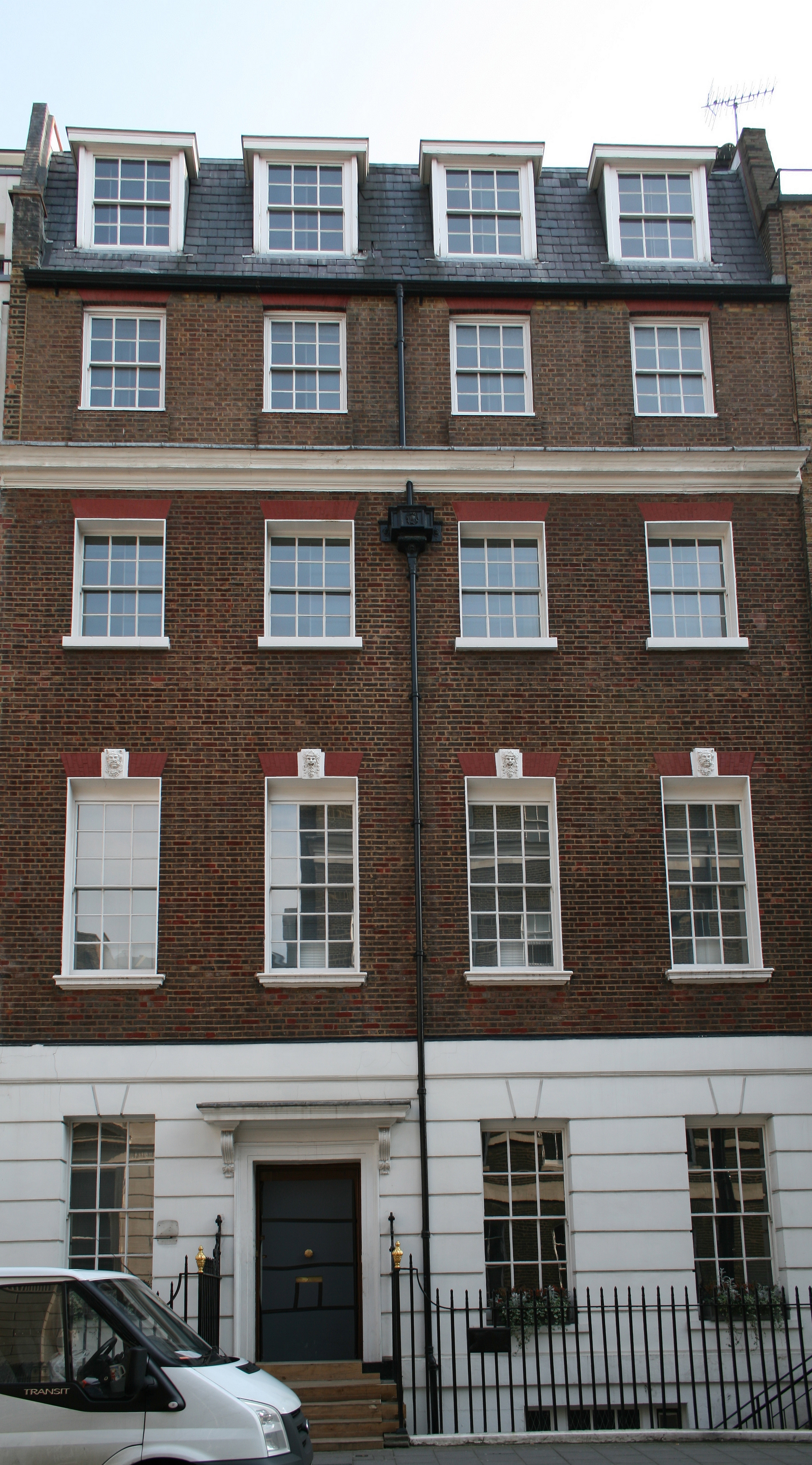
_poster.jpg)
